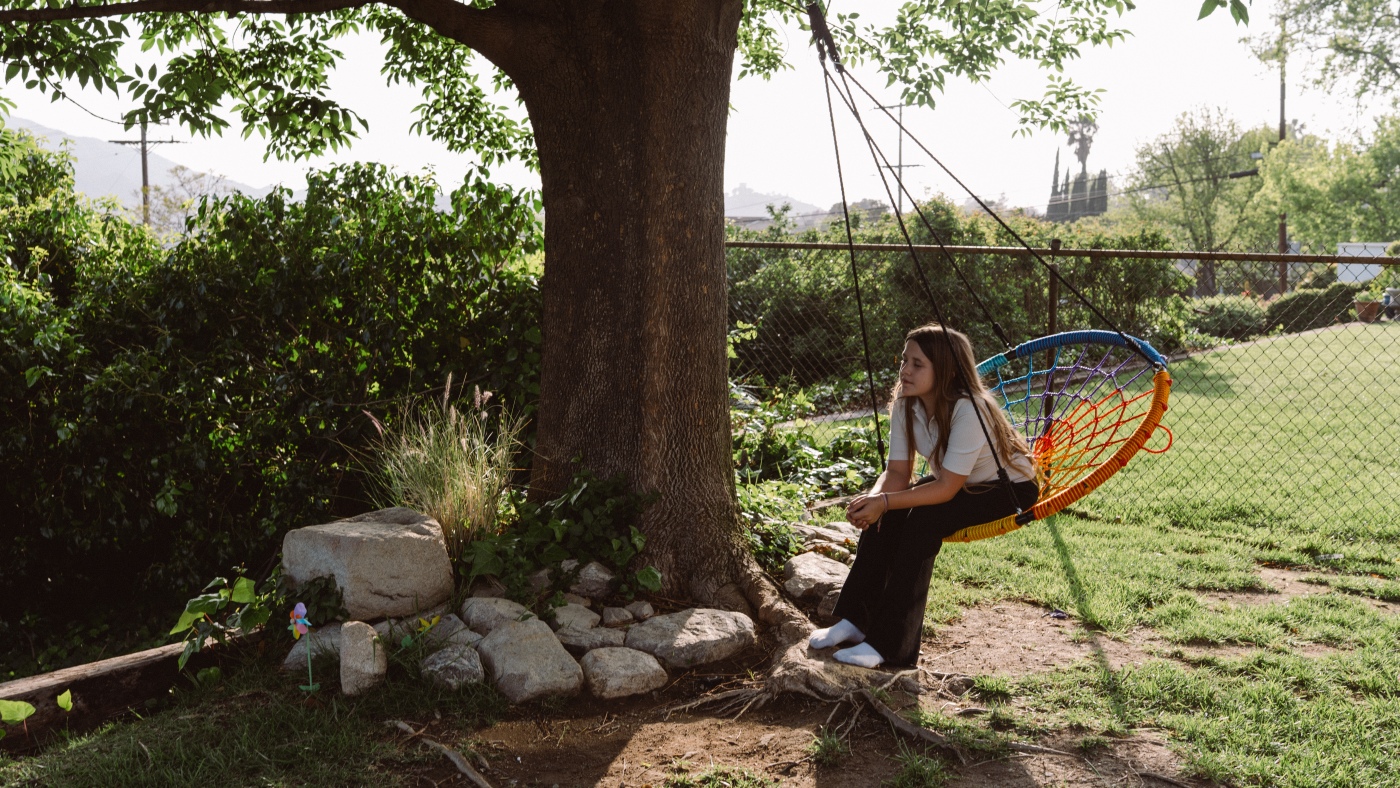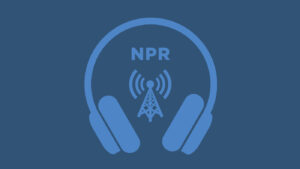In the Aftermath of California Wildfires, Camps Offer Children a Path to Healing
In the aftermath of the Eaton fire, young Emory Stumme found herself overwhelmed with emotion, symbolized by a simple act of struggling to lift a fork during dinner, as recounted by her mother, Becca. “You started crying and laughing and crying, and then heaving. I was like, ‘Oh my God, she’s really having a mental break,’ ” Becca recalled.
Emory, her family, and countless others faced displacement when their home in Altadena was consumed by the flames. The fires, including the Eaton and Palisades incidents, disrupted not just homes but also the social fabric and routines of the affected communities.
In response to these devastating events, a beacon of hope emerged in the form of Project:Camp. Founded in 2018 by Mikey Latner, the initiative aims to provide children with a semblance of normalcy amidst chaos. Inspired by his experience with Hurricane Harvey, Latner recognized the unique role camp counselors can play in supporting children through trauma. “By providing that sense of safety and normalcy at camp, we can help to lower their stress levels,” Latner explained.
Project:Camp quickly mobilized after the fires, launching ten camps across the region. These camps offered traditional activities such as arts and crafts, but with a focus on trauma-informed care. Mental health professionals volunteered their time to address emotional issues, providing much-needed support to campers.
For families like the Stummes and the Eakins, the camp offered a lifeline. Marah Eakin, whose home narrowly escaped destruction, expressed gratitude for the respite it provided her family. Her twins found companionship and support at camp while she navigated the complexities of insurance and temporary housing.
Kat O’Malley, a volunteer therapist, noted the profound impact of the fires on children’s mental health. She observed symptoms ranging from panic attacks to separation anxiety. “Their sense of safety, stability — that was all rocked,” O’Malley said.
At Project:Camp, children are encouraged to express their feelings through activities like “gratitude circles” and regular mental wellness checks. O’Malley emphasized the importance of allowing children to define their own experiences, stating, “That can be very powerful.”
For Emory, the camp marked a turning point. Becca noticed an immediate change in her daughter. “The first day that we picked her up from camp, I was like, ‘Oh this is the old kid again,’ ” she said, observing Emory’s return to the carefree joys of childhood.
As families continue to rebuild and recover, the camps offered a crucial foundation for healing, allowing children to process their experiences and regain a sense of belonging.
This article was originally written by www.npr.org







Be First to Comment